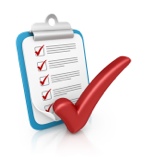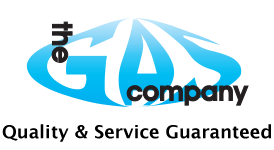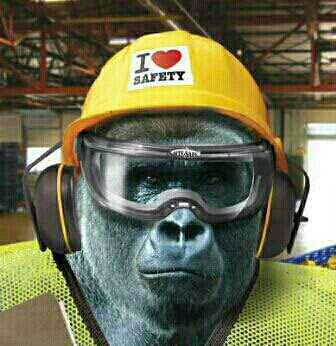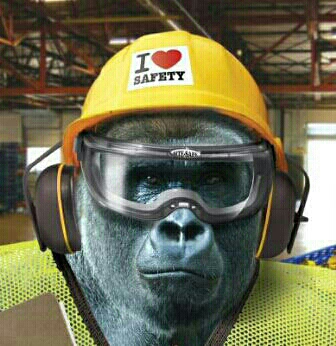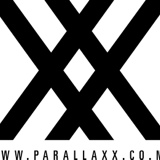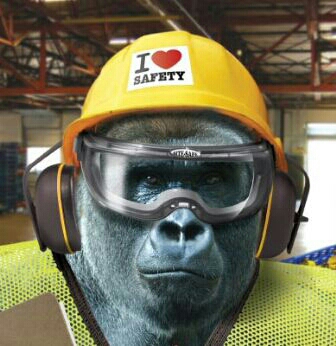Information
-
Client / Site
-
Conducted on
-
Prepared by
-
Location
-
Personnel
1.0 - PREVIOUS INSPECTION
-
1.1 - Has the last inspection been reviewed?
-
1.2 - Have all previous actions been completed?
2.0 - WORKING ENVIRONMENT.
-
2.1 - Are lighting levels satisfactory for safe working practices?
-
2.2 - Are temperatures comfortable and ventilation adequate?<br><br>Please specify if additional heaters are being used
-
2.3 - Are windows closed if heating/air conditioning equipment is switched on?
-
2.4 - Are welfare facilities including hand washing basins clean and accessible with hot running water?
-
2.5 - is safe access and egress provided?
-
2.6 - Is there sufficient space for occupants?
-
2.7 - Are floors free of trip hazards?
-
2.8 - Do floors have a non-slip, even surface?
-
2.9 - Is general housekeeping good ie clean and tidy?
-
2.10 - Have occupants completed Display Screen Equipment (DSE) Risk Assessments?
-
2.11 - Has all sawdust been removed using a HEPA A rated Hoover?<br><br>WOODSHOP ONLY
3.0 - WORK EQUIPMENT.
-
3.1 - Are machines/equipment fitted with secure covers/guards to prevent access to any moving parts/sharp blades/hot surfaces/electrics? Do guards conform to PUWER Regs?
-
3.2 - Are ladder/stepladder inspections in date?
-
3.3 - Can machines and equipment readily and safely be switched off?
-
3.4 - Is there evidence of regular servicing and maintenance, has servicing been carried out?
-
3.5 - Are manufacturers instructions readily available?
-
3.6 - is work equipment maintained in a good condition and serviced in line with manufacturers instructions?
-
3.7 - Are there appropriate warning signs on the work equipment?
-
3.8 - Have operators been competently trained to use the equipment?
-
3.9 - For High Risk equipment, is there a signed authorisation list to use the equipment?
-
3.10 - Have all machines had a Standard Working Practice (SWP) or Standard Operating Practice (SOP) completed on their use, risks and control methods?
-
3.11 - Are SWPs for all machines on display in the workshop?
4.0 - WASTE CONTROL.
-
4.1 - Are recycling bins/hazardous for relevant waste streams available for use?
-
4.2 - Is waste being stored in appropriate containers and properly labelled?j
-
4.3 - Are posters/signs detailing waste segregation displayed near waste bins?
5.0 - ELECTRICAL SAFETY.
-
5.1 - Are plugs, sockets and leads visibly in good condition?
-
5.2 - Is the overloading of sockets (by the use of adapters etc) avoided?
-
5.3 - Are trailing cables avoided or covered/cable tied where necessary?
-
5.4 - Has portable equipment been Portable Appliance Tested (PAT) as necessary and labelled appropriately?
6.0 - LIFTING , CARRYING AND MOVING
-
6.1 - Are items stored sensibly with easy access ie heavy items used frequently stored on waist level shelves and heavy items used infrequently stored at low levels?
-
6.2 - Is mechanical equipment eg trolleys available for moving heavy/large loads and are they maintained?
-
6.3 - Has every operative completed Mandatory Manual Handling Training within the last 3 years?
7.0 - HAZARDOUS SUBSTANCES.
-
7.1 - Are COSHH assessments available for hazardous substances used/produced?
-
7.2 - Are hazardous substances labelled appropriately (name of material, hazard symbols, waste information?
-
7.3 - Are hazardous substances not in use stored in a COSHH container?
-
7.4 - Are hazardous substances disposed of appropriately?<br><br>
-
7.5 - Are spillage procedures and suitable spill kits available with occupants trained how to use them?
8.0 - PERSONAL PROTECTIVE EQUIPMENT (PPE).
-
8.1 - Is suitable PPE available and in good condition?
-
8.2 - Is there storage for PPE?
-
8.3 - Are the occupants trained in proper use of the PPE?
-
8.4 - Do SOPs identify when PPE must be used?
9.0 - FIRST AID PROVISION.
-
9.1 - Are up to date posters displayed with names/locations/numbers of trained first Aiders?
-
9.2 - Are there sufficient numbers of suitably trained First Aiders?
-
9.3 - Are first aid boxes clearly marked and kept fully stocked with relevant items?
10 - FIRE SAFETY.
-
10.1 Is the Building Fire Safety Log Book up to date?
-
10.2 - Does the building have a current Building Fire Warden)?
-
10.3 - Has a fire drill taken place within the last twelve months?
-
10.4 - Are all fire exits and escape routes, fire alarm points and firefighting equipment clearly visible and unobstructed?
11.0 EMERGENCY PROCEDURES.
-
11.1 - Do the occupants know the emergency numbers and assembly points?
-
11.2 - Are the emergency exit routes signposted eg in corridors etc?
-
11.3 - Is access to & emergency evacuation from the area appropriate for disabled persons?
-
11.4 - Has a Personal Emergency Evacuation Plan (PEEP) been completed where necessary?
12.0 - COMMUNICATION, INFORMATION, AWARENESS AND TRAINING
-
12.1 - Are occupants aware of where to find risk assessments for the they undertake?<br>(Ask occupants)
-
12.5 Is there a departmental training matrix and is it up to date?
13.0 - LOCAL EXHAUST VENTILATION (LEV).
-
13.1 - Has the LEV been subject to its 14 month compliance inspection?
-
13.2 - Is the maintenance manual and commission documentation kept in the Workshop?
-
13.3 - Is the LEV subject to regular servicing in accordance with the manufacturers instruction?
-
13.4 - Are pre-use, weekly and monthly checks of the system carried out?
-
13.5 - Is there a COSHH Risk Assessment for the substances being ventilated?
14.0 - OTHER ITEMS NOT COVERED ABOVE
-
14.1 - Other Item 1
-
14.2 - Other Item 2
-
14.3 - Other Item 3
-
14.4 - Other Item 4
-
14.5 - Other Item 5
Sign Off
-
Team Leader/Maintain Manager
-
Auditor's signature






